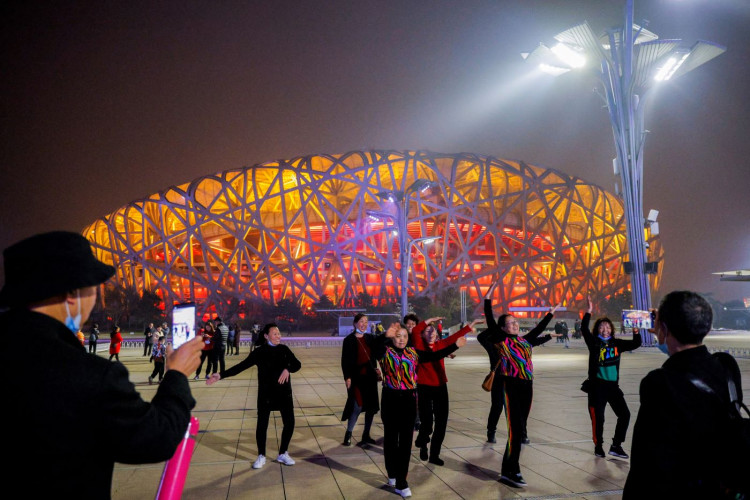Edible bird's nests, made from the solidified saliva of white-nest swiftlets, are fetching record prices as demand soars for the delicacy used in fine Chinese cooking for more than a millennium.
The Southeast Asian island of Borneo has become a center for purpose-built factories have that create the conditions needed to feed the demand for the feather-weight white cradles that are soaked in boiling water to make a hearty gelatinous soup with broth or sugar, the flavorless ingredient is prized by connoisseurs for its alleged health benefits, and as an aphrodisiac.
Borneo exported 1,200 tons of edible bird's nests last year, according to the Indonesian Central Statistics Agency as cheaper land prices in West Kalimantan, on the Indonesian section of Borneo Island, emerge as the new global center of bird's nest factories, according to the NIkkei Asian Review.
A typical bird's nest factory sits on a single-story edifice with soaring ceilings and wooden beams where swiftlets like to build their nests. The birds are neither bred nor captured. Rather, they are attracted by high-frequency bird calls emitted by dozens of small speakers set on the walls and beams.
At high-end Chinese restaurants in Southeast Asia, 40 grams (1.4 ounces) of bird's nest costs $55.
Siku, who like many Indonesians goes by only one name, is a bird's nest producer in Sanggua, a small inland city in West Kalimantan, who since 2017 has been making a living selling bird's nests.
"Lots of my neighbors built birdhouses and made money so I wanted to do the same," Siku said. "It took me three months to build and cost $7,000. In the first year, the building attracted relatively few birds. But in the second year many more came. They enter the house at about 4 p.m. and stay all night. In the morning the birds go out to find food, so I don't need to feed them."
In a month, Siku can gather a kilogram (2.2 pounds) of edible bird's nests per month, earning 10 million rupiah (nearly $690), quadruple the World Bank calculated average monthly salary of $170 per month in Indonesia.
"It's been very profitable," he told the Nikkei Asian Review. "I recouped the cost of my investment very quickly."





